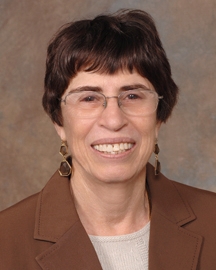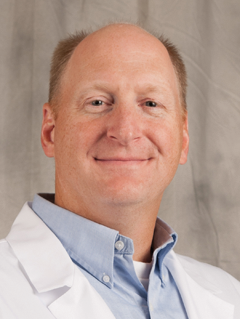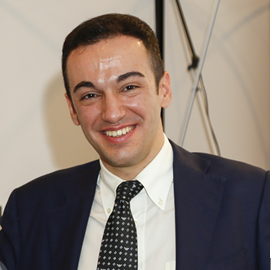Renowned Speakers

David Ling
Stanford University USA

Nira Ben Jonathan
University of Cincinnat USA

Mark Priebe
Quality Star LLC USA

Mandy Sanghera
International human rights activists UK

Ioannis G. Papanikolaou
Obstetrician & Gynaecologist Greece

Yihui Feng
Guangzhou University of Chinese Medicine China

Genna Zimmel
Founder of The Deborah Zimmel Triple Negative Breast Cancer Foundation Canada

Namsun Paik
Ewha Womans Cancer Center Hospital for Women South Korea
Recommended Global Oncology & Cancer Webinars & Conferences
Europe & UK
Asia Pacific & Middle East
Canada
Breast Pathology 2026
To Collaborate Scientific Professionals around the World
Conference Date April 13-14, 2026
For Sponsors & Exhibitors
Speaker Opportunity
Useful Links
Past Conference Report
Supported By
All accepted abstracts will be published in respective Conference Series International Journals.
Abstracts will be provided with Digital Object Identifier by
